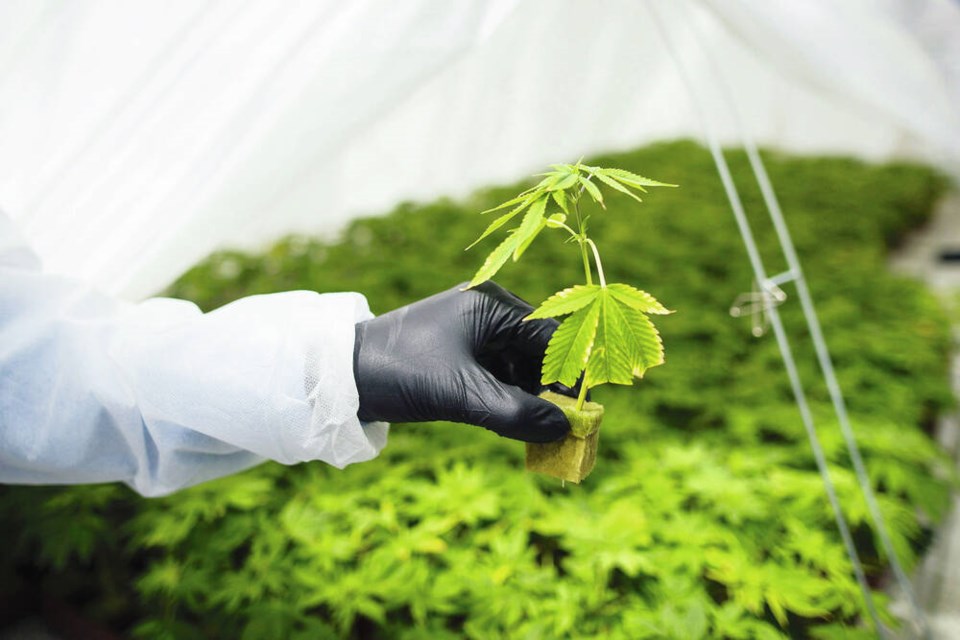Five years ago last month, Canada legalized recreational use of marijuana. In doing so, we became the first of the G20 countries to decriminalize the possession of small amounts of the drug for personal, non-medical, consumption.
It was hoped at the time that this could be done without significant risks to health. It was also believed that some of the pressure on over-stretched law enforcement agencies would be relieved.
While it’s too soon to reach definitive conclusions, an emerging body of research is now available as to the costs, and benefits, of making this change. Some of that research is summarized in a study reported last month in the Canadian Medical Association Journal.
The findings are troubling. Certainly the second of the hoped-for benefits — relieving pressure on the law enforcement system — has occurred.
There has been a substantial reduction in arrests and criminal charges associated with cannabis use. That, of course, was to be expected.
But the news from the health-care front is another matter. As was also to be anticipated, consumption of marijuana has increased.
In 2017, 22 per cent of Canadian adults said they used marijuana. Last year, the figure was 27 per cent, and given the slow roll-out early in the new regime, this number is likely to grow.
That should concern us. Cannabis use already rivals alcohol consumption as a leading cause of road-related accidents and fatalities.
And according to the CMAJ report, there were 105,000 hospitalizations related to cannabis consumption between 2015 an 2021. A third of the patients involved were aged 15 to 24.
Cannabis-induced psychosis was one of the leading causes of these hospitalizations. Research from the United States suggests that up to 50 per cent of those patients may go on to develop schizophrenia.
A further study in Ontario has shown that people who smoke marijuana are 22 per cent more likely to be admitted to a hospital emergency department or be hospitalized.
One reason is that marijuana smokers have higher blood levels of smoke-related toxins commonly associated with liver damage, neurological scarring and cancer.
The CMAJ authors believe the growing evidence of health-related impacts is due to the fact that levels of THC — the active ingredient in cannabis — are much higher today than was the case some decades ago.
It appears that growers of marijuana have found ways to produce more concentrated strains.
There is also the reality, as the report notes, that cannabis is now “widely available, normalized, and even promoted.”
What are we to make of these findings? At a minimum, it appears the risks associated with decriminalization may be considerably greater than was originally thought.
Equally troubling, the health-related effects of consuming marijuana are still in many respects a matter of guess work. On the one hand, there simply hasn’t been time to carry out the detailed studies needed to inform decision-making.
On the other hand, researchers across the country complain that progress is being hampered by bureaucratic foot- dragging and lack of funds.
As a result, across a range of important health indicators, the science remains unclear.
At a minimum, it’s incumbent on the federal government, which carried through decriminalization, to finance a robust program of research aimed at closing these gaps in our knowledge.
Isn’t it too late? Could it be that re-criminalizing marijuana use, in its entirety, is now beyond the reach of practical politics?
Perhaps. But even so there are intermediate steps that could be taken.
Stronger dose limits could be imposed.
Sales of the drug could be limited to edible products.
What cannot be supported is a policy of ignorance, carried forward on no more than a hope and a prayer.



